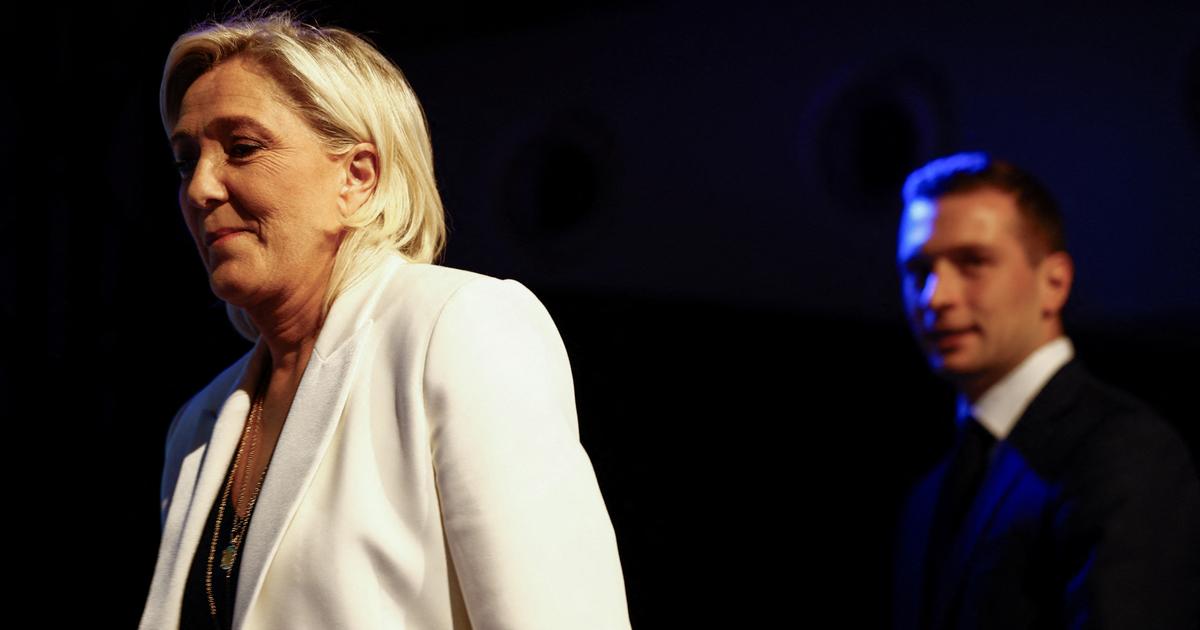As Europe braces for a significant political shift, the upcoming early legislative elections and the European Parliament elections have generated considerable attention. According to recent surveys, the National Rally (RN) is leading with 34% of the votes if legislative elections were held today, marking a substantial increase from the 18.7% they secured in 2022. This surge positions the RN as a potentially dominant force in the Lower House, though the exact number of seats remains uncertain due to the complexities of the election process across 577 constituencies in two rounds. This uncertainty raises questions about whether the RN will secure an absolute or even a relative majority.
The left-wing coalition NUPES, if revived, is projected to come in second with 22%, despite internal tensions and the possibility of dissident candidacies that could fragment their support, credited with 9% in potential solitary runs. Meanwhile, President Macron’s camp is trailing with 19%, a significant drop from previous years, signifying potential challenges in maintaining even a relative majority. The Republicans, steadfast in their decision against aligning with Macron’s coalition, are also holding 9% of the votes.
Polls indicate continued struggles for smaller parties, with Reconquest! and far-left groups hovering around 4% and 3% respectively, mirroring their previous election performances. These political predictions, however, are subject to change as ongoing negotiations could significantly alter the dynamics before the elections.
In parallel, the 2024 European Parliament elections are set to commence involving all 27 EU member states. Germany, a pivotal player, has registered higher voter turnout rates in major cities like Munich and Nuremberg compared to earlier years. Surveys for these elections suggest a drift towards right-wing parties across Europe, with Germany's CDU/CSU bloc expected to lead strongly.
Preliminary results and forecasts indicate potential increases for right-wing factions like the AfD in Germany, and movements such as the European Conservatives and Reformers (ECR) and Identity and Democracy (ID) in the broader EU context. The European People’s Party (EPP) remains predicted to hold the most seats, with the Social Democrats (S&D) and Liberals trailing behind.
This election cycle, hailed as the world's largest democratic vote after India’s, with over 360 million eligible voters, underscores the shifting political landscape in Europe. As parties across the EU gear up, the competition for the 720 seats in the European Parliament, with 96 allocated to Germany, is intense. The elections will ultimately shape policies and governance across the continent for the coming term.
- Throughout Europe, shifts towards right-wing politics are prominently observed in France, Italy, and Austria. Germany, in particular, shows the Union parties leading, with CDU/CSU at a notable advantage according to multiple polls.
- The European elections, a decisive democratic process, are characterized by their geographic and political diversity, capturing a snapshot of Europe's collective political direction. In Germany, the lower voting age of 16 and the inclusion of EU citizens residing in Germany illustrate efforts to broaden democratic participation.






